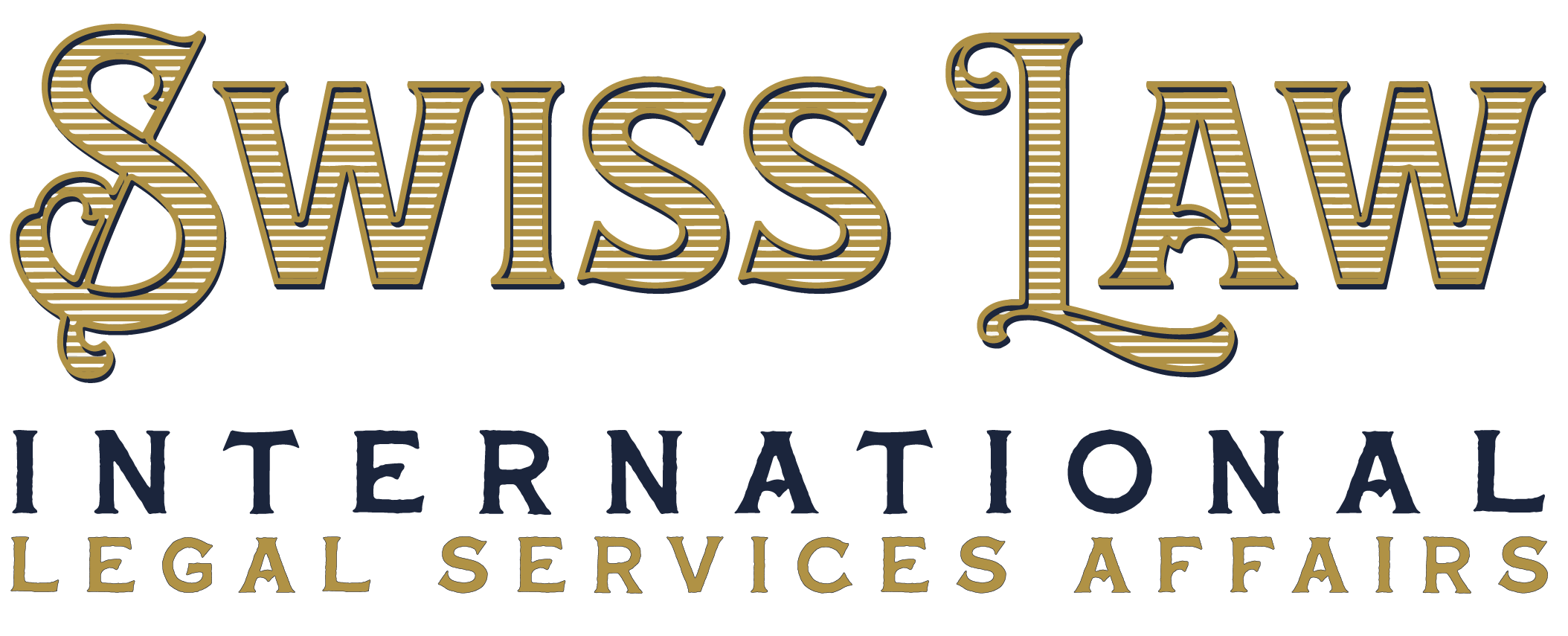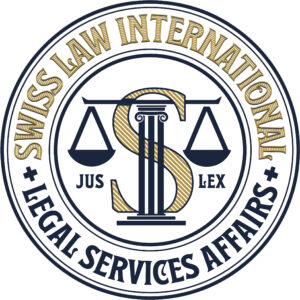How to Get Citizenship in Switzerland
Exploring the possibility of Swiss citizenship opens doors to a country known for its robust economy and global diplomacy. This guide will walk you through the various pathways, requirements, and steps to become a Swiss citizen. For more details on acquiring Swiss citizenship, don’t hesitate to reach out to our Swiss immigration advisors.
Request Case Evaluation
Different Ways to Get Citizenship in Switzerland
Switzerland’s citizenship process is thorough and can be complex, involving specific criteria and evaluations. The country’s appeal goes beyond its stunning landscapes, offering an innovative, inclusive, and high-quality lifestyle. Our Swiss immigration experts have highlighted three main ways to help you gain Swiss citizenship:
1. Naturalization via Conventional Process
This common path requires fulfilling several conditions related to residence, language skills, and integration. For instance:
- Residency requirements: You might need to have lived in Switzerland for about 12 years, depending on your canton and other factors. If you meet this requirement, consult with our Swiss immigration experts for the next steps and advice on obtaining citizenship.
- Language proficiency: You should be fluent in at least one national language (German, French, Italian, or Romansh) of the canton you reside in, both spoken and written, typically proven by passing language tests.
- Assimilation and integration: You’re expected to embrace Swiss culture, participate in traditions, and contribute positively to the community.
- Criminal history check: Good conduct and a clean criminal record are essential.
- Financial stability: Independence from social assistance and financial self-reliance are important.
- Application and approval: Submit your application to local canton authorities, who must approve it before forwarding it to national immigration officials.
- Federal approval: The State Secretariat for Migration (SEM) reviews your application at the federal level. Upon acceptance, you may attend a naturalization ceremony to pledge allegiance to Switzerland.
For further inquiries about the requirements, please consult our Swiss immigration experts.
2. Assisted Third-Generation Immigrants in Naturalization
This route is for individuals whose grandparents were Swiss citizens. It’s a simplified process recognizing their historical ties to Switzerland. Note that eligibility criteria have been tightened. Candidates must hold a valid C permit in Switzerland, have completed at least five years of schooling in the country, and have parents who also satisfy these conditions, including a minimum ten-year residency. At least one grandparent must be Swiss-born or have resided in Switzerland with a C permit for a set duration. For additional information on assisted naturalization or if you need help applying for a Swiss residence visa, contact our legal team or speak with our Swiss immigration experts.
3. Swiss Citizenship by Marriage
Marrying a Swiss citizen can expedite naturalization but doesn’t grant automatic citizenship. You must be married to a Swiss national and have lived in Switzerland for a certain period, generally shorter than the conventional naturalization route. If applying jointly with your spouse, a 10-year residency is usually required.
Switzerland’s B-Permit
A B permit is a residence authorization allowing foreign nationals to live and work in Switzerland long-term. Officially named “Residence Permit for Gainful Employment” (Aufenthaltsbewilligung), it’s available to non-EU/EFTA nationals for stays exceeding three months.
Switzerland’s Immigrants in 2022
Here are the immigration statistics for Switzerland in 2022:
- Net migration of permanent foreign residents rose by 81,345 from the previous year, an increase of 19,819;
- Overall immigration surged by 14.8% in 2022;
- As of December 2022, there were 2,241,854 permanent foreign nationals in Switzerland.
If you’re considering Swiss citizenship, pay close attention to your particular canton’s requirements. For the latest updates before starting the application process, get in touch with our Swiss immigration experts.


